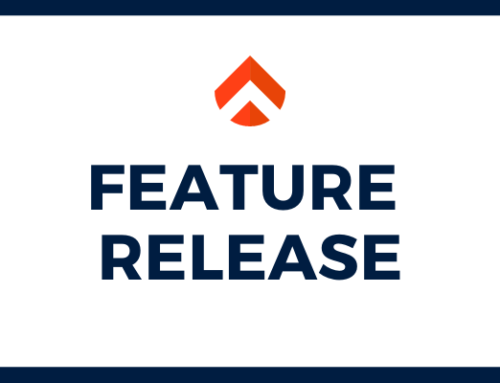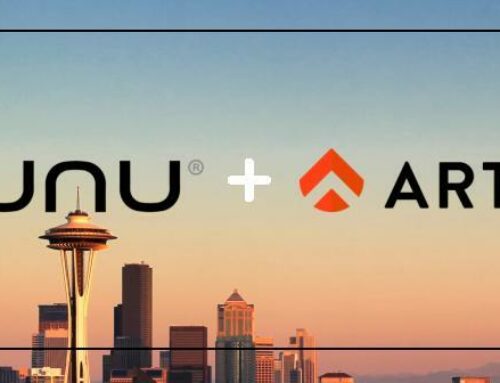Reducing operational risk is critical for any business and it’s even more important now with risk at an all time high. One of the things we recommend doing immediately is a Key Person Audit. So who exactly is a Key Person and why do we need an audit?
Think about the people on your team who hold information in their heads, information that is critical and specific to your organization. This is called Tacit Knowledge, or knowledge that’s difficult to transfer for some reason. It could be intuition, sales, leadership based or it could be something like innovation and creativity. Think about your grower for example. They are doing some magical things on a day to day basis. They’re probably innovating with varieties/strains and testing continuously to find the best plants for your business. Unless you’re running proper scientific R&D trials, most likely not all of this process information is written down. It’s probably in your grower’s head, we often call it grower’s intuition.
A Key Person isn’t always a leader at your organization. All of your workers probably hold information that is critical to your operation. It could be the trimmer who has optimized for speed and has little tricks that aren’t yet fully operationalized. It could be the maintenance lead who knows all of your food safety protocols and how to execute. It could be a sales rep who has built personal relationships with all of your customers. Now imagine what would happen if these people got sick or left your organization. Every time a Key Person leaves for any reason, it costs you money.
There is Tacit Knowledge hidden throughout your organization and the purpose of a Key Person Audit is to find and document as much Tacit Knowledge as possible. Audits take time, and we know time is hard to come by right now. We came up with a few things you can do right now (that take little time) to reduce your Key Person Risk.
- Identify all Key Persons – who has Tacit Knowledge. If you don’t know, ask this question: if person X left today, would we lose efficiency, a competitive advantage, the ability to operate in some way. If so, they are probably a Key Person.
- Create Key Person checklist for each Key Person role – have all Key Persons create a checklist for the processes they do. Alternatively, interview Key Persons and create the checklist yourself. For example: have growers document how they do trials and how premium products are selected.
- Digitize Key Person checklists – paper records are a great start. One of the most critical elements to Key Person risk is ensuring that processes are documented for the long-term not just for the coming days. One of the only ways to combat this is to move your records to digital systems.
- Cross-person knowledge – once you’ve documented, the next step is to ensure knowledge becomes functional standard operating procedures. For example, if a trimmer has a trick that makes them more productive, sharing that knowledge makes everyone more productive.
When you do a Key Person Audit, you may get pushback from employees who view their knowledge as their own differentiating factor. In reality, audits highlight how that person is critical for your organization. They’re coming up with new processes to improve the business. Involve them in the process. Have them train other employees on their processes. Key Person Audits are a way to elevate that person in the organization as well.
Things are not easy right now and Key Person Audits are an easy way to ensure if things get even more difficult, your business will keep operating as close to normal as possible. We want to help and we’re here to help. We can help you digitize your systems and turn your knowledge into standard operating procedures. We have flexible payment plans to get you through the next few weeks and our team will do all of your setup for you so you don’t have to find additional time in your day. We can’t wait to work together. Reach out to sales@artemisag.com if you’d like to chat.





Leave A Comment